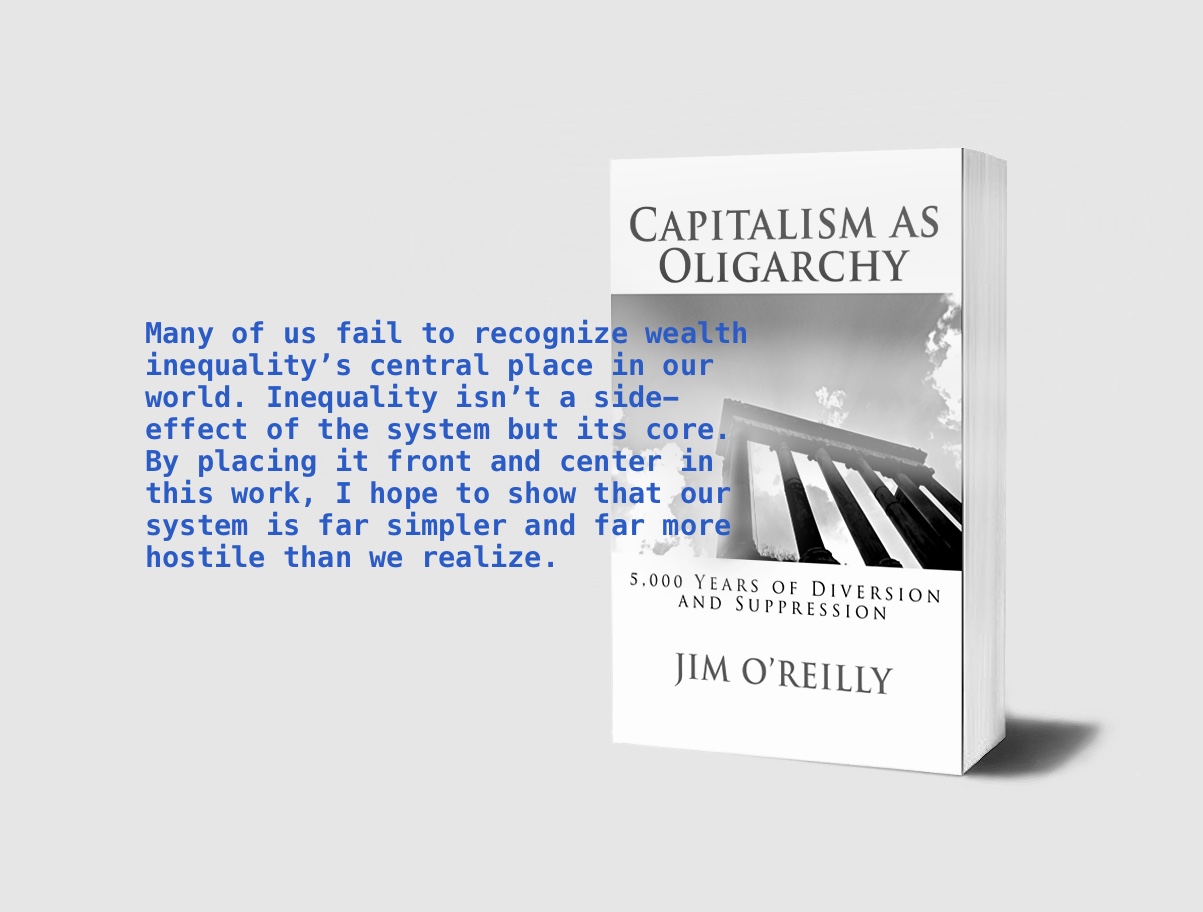Election time at the World Bank
It’s election time at the World Bank and we find our presidential hopefuls actively campaigning on, where else, the pages of the Financial Times. I’d think this would probably seem strange to a casual reader. Why would the world’s premier financial paper devote space for an institution whose official goal is the reduction of poverty?
The shamefully hard reality, though, is that virtually all institutions in our world today are captured by moneyed, i.e. “financial”, interests and the World Bank is a prime example.
Article I of the bank, amended in 1989, puts pretty strict limits on its grandiose and Orwellian corporate slogan “Working for a World Free of Poverty”. The real and only partially hidden primary directive seems quite clear – promote open global markets, if poverty is reduced so much the better. Here’s parts ii to v of Article I; I’ve bolded what I think are the key points.
(ii) To promote private foreign investment by means of guarantees or participations in loans and other investments made by private investors; and when private capital is not available on reasonable terms, to supplement private investment by providing, on suitable conditions, finance for productive purposes out of its own capital, funds raised by it and its other resources.
(iii) To promote the long-range balanced growth of international trade and the maintenance of equilibrium in balances of payments by encouraging international investment for the development of the productive resources of members, thereby assisting in raising productivity, the standard of living and conditions of labor in their territories.
(iv) To arrange the loans made or guaranteed by it in relation to international loans through other channels so that the more useful and urgent projects, large and small alike, will be dealt with first.
(v) To conduct its operations with due regard to the effect of international investment on business conditions in the territories of members and, in the immediate postwar years, to assist in bringing about a smooth transition from a wartime to a peacetime economy.
The Bank shall be guided in all its decisions by the purposes set forth above.
The outgoing president is Robert Zoellick, former managing director of Goldman Sachs and a past US Trade Representative. His predecessor was Paul Wolfowitz. Need we say more?
Which brings us to today’s article in the FT by the Nigerian candidate Ngozi Okonjo-Iweala, co-ordinating minister for the economy and minister of finance. It’s ludicrously entitled “My Vision for a World Bank that Serves Everyone”. Nigeria is one of the poorest countries on earth with an incredible 63% living on $1 per day or less. On what possible basis can the poor of this desperate yet oddly “exciting” state expect a finance minister to help them?
It’s beyond improbable that poverty can ever truly be addressed unless the realities of concentrated global ownership, class power within nations, and the rules of global trade are fundamentally challenged. Ms. Okonjo-Iweala is clearly not up to that job, and if she were, she of course wouldn’t be a candidate. Her “platform” therefore is the standard meaningless odes to “creating jobs”, “investments in human capital”, and not least “building appropriate institutions that support property rights and the enforcement of contracts”.
Fighting corruption is “dear to my heart” says Ms. Okonjo-Iweala but what a vacuous statement! Is there anything more corrupt than a world condemning majorities to poverty or insecurity in the midst of obscene wealth and vast technological capacity?
The World Bank, like its many private counterparts, is in need of truly fundamental change. That poverty continues to exist despite the clear ability to eliminate it is a criminal indictment of a thoroughly corrupt system. What do you call a regime that forces so many to needlessly live this way? Tyranny.

